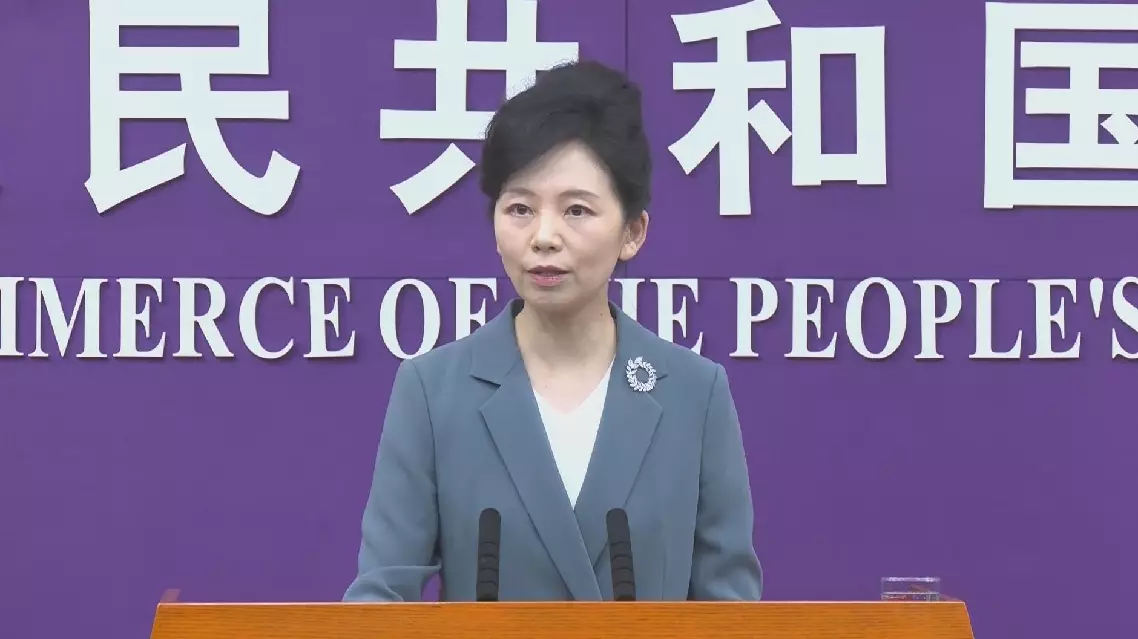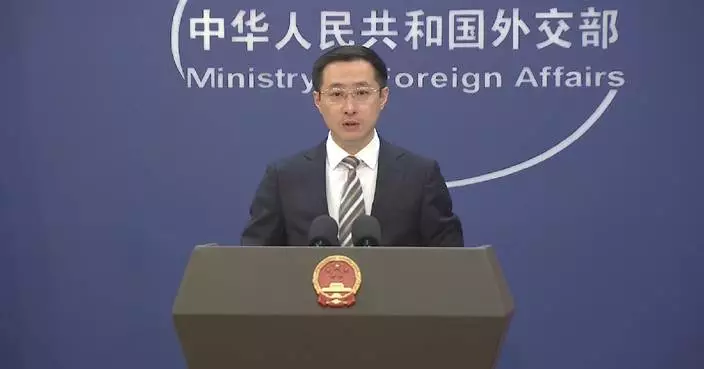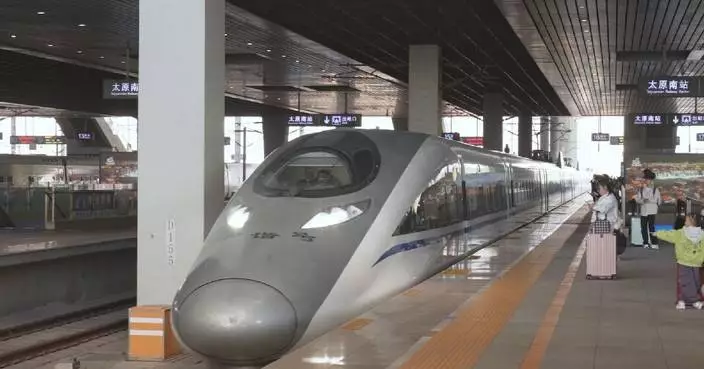Baoding City in north China's Hebei Province has gained increasing popularity as a hot touristic destination by creating innovative tourist offers and improving services.
On weekends, residents of Beijing and Tianjin can easily take on a high-speed rail ride and travel to the neighboring Hebei Province. Baoding is one of the hottest destination for this type of mini vacation for its delicious food and rich culture.
"You must try Baoding's famous Lyurou Huoshao (or donkey burger) when travelling here. So for today's first formal meal, we choose to taste it, which is also intangible cultural heritage," said a tourist from Tianjin.
In Baoding, the IP of "Lyurou Huoshao" is deeply implanted in every corner of the city. Themed cultural and creative products are available everywhere, and creative sales methods also maximize the emotional value for young tourists.
As the main force of tourism consumption, young groups like fragmented novel experiences. Some scenic spots accordingly have taken the initiative to create more new business models and new immersive experience for visitors.
The theater in the Huaijun Gongsuo (Huai Army Office) Museum is the largest existing indoor theater in China from the Qing Dynasty (1644–1911) and now hosts opera performance regularly.
"We have established a digital museum and applied a smart guide system, which is more convenient for young people to visit this museum in a way that they like," said Du Airong, deputy director of the museum.
To continuously attract tourists and get repeat visitors, Baoding has stepped up efforts to comprehensively improve tourism services and standardize market order.
"In 2024, Baoding received about 120 million domestic and foreign tourists. The cultural tourism sector in Baoding has taken its first step in transformation, from the traditional tourism relying on ticket sales to tourism experience based on diversified scenarios," said Duan Xiaozhou, deputy director of the Baoding Municipal Bureau of Culture, Radio, Film and Tourism.

Baoding City works its way to become hot destination for mini vacation




















































